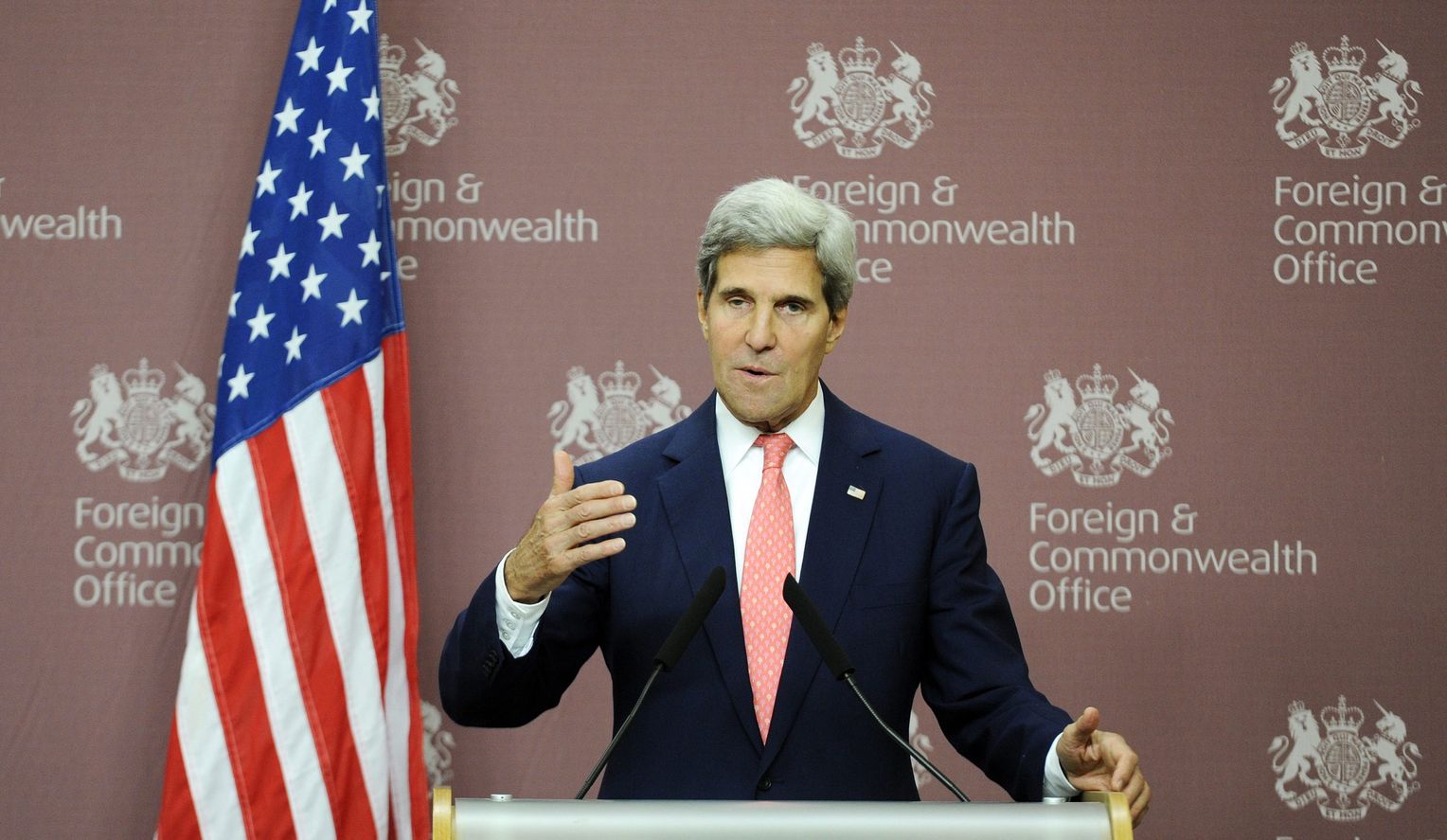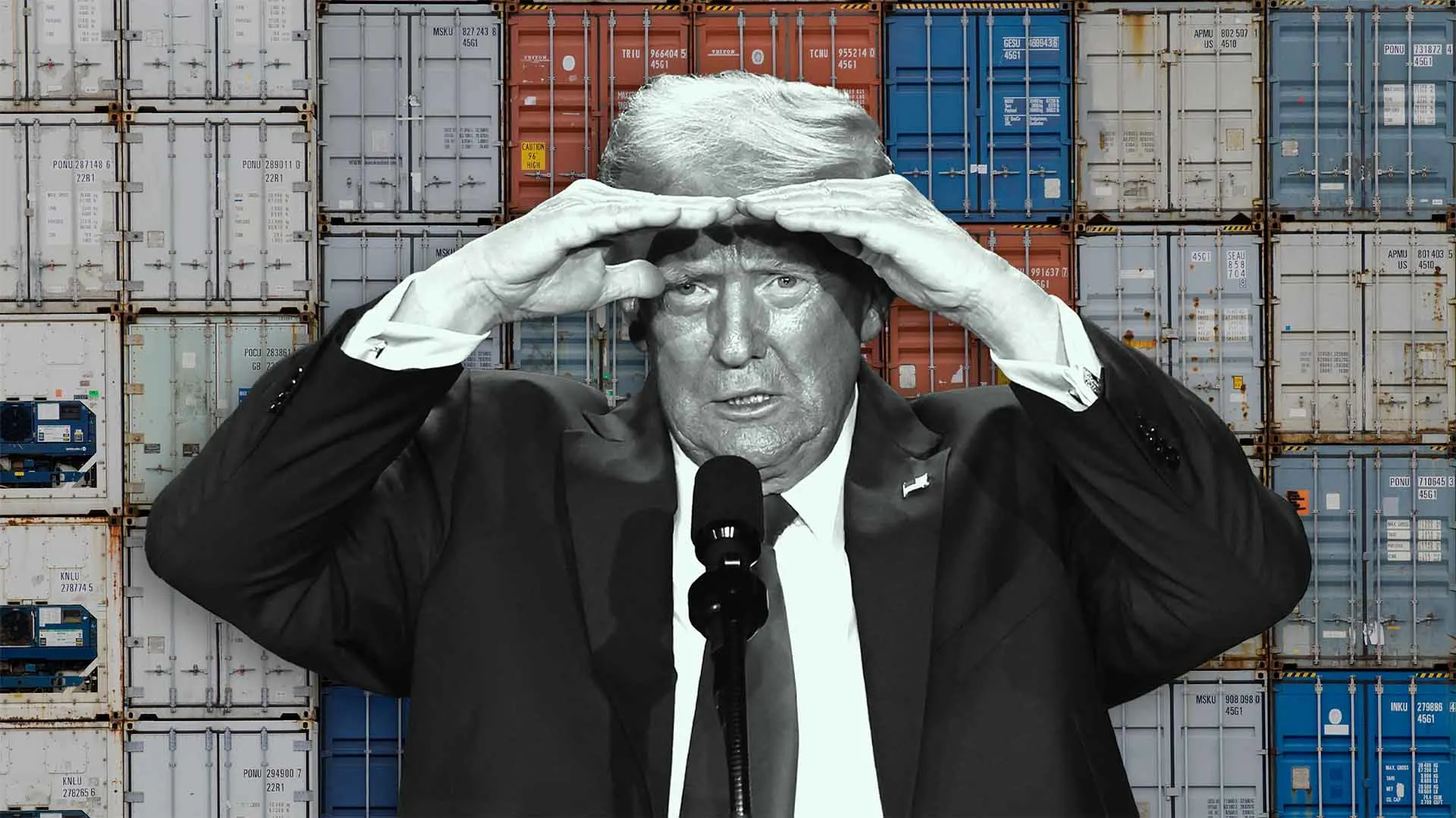Putin's Diplomatic Blunder: The Failed Attempt At Peace Talks

Table of Contents
Underestimation of Ukrainian Resolve and Western Support
Putin's strategy fundamentally misjudged the situation on the ground. Two key factors contributed to this: a failure to understand Ukrainian public opinion and a miscalculation of Western unity.
Ignoring Ukrainian Public Opinion
Putin's strategy failed to account for the unwavering resistance of the Ukrainian people and their strong national identity. This disregard for public sentiment proved a critical miscalculation.
- Public opinion polls consistently showed strong support for Ukrainian independence and resistance against Russian aggression. The desire for self-determination resonated deeply within the Ukrainian population.
- A strong national identity fueled resilience, even in the face of overwhelming military might. This fierce patriotism proved to be a significant obstacle to Russia's objectives.
- This underestimation of Ukrainian resolve contributed significantly to the failure of the peace talks. Putin's assumption of a quick victory and a passive populace proved wildly inaccurate.
Miscalculation of Western Unity
The assumption of a fractured West, easily manipulated by energy dependence, proved grossly inaccurate. The international response was far more unified and forceful than anticipated.
- The West presented a united front, imposing unprecedented sanctions on Russia, crippling its economy and limiting its access to global markets. This coordinated response exceeded Putin's expectations.
- Military aid to Ukraine flowed steadily, bolstering its defense capabilities and prolonging the conflict. This sustained support undermined Russia's military advantage.
- International condemnation of Russia's actions solidified the global consensus against the aggression. This isolation further weakened Russia's diplomatic position and negotiating power. The level of global condemnation surprised the Kremlin.
Faulty Negotiation Tactics and Lack of Genuine Commitment to Peace
Beyond the miscalculations of Ukrainian and Western strength, Putin's negotiation tactics were deeply flawed, revealing a lack of genuine commitment to a peaceful resolution.
Ultimatums and Demands
Putin's approach was characterized by ultimatums and non-negotiable demands, leaving little room for compromise. This inflexible stance alienated potential negotiating partners.
- Demands for demilitarization and "denazification" were perceived as pretexts for regime change, unacceptable to Ukraine and its allies. These demands were seen as thinly veiled attempts at subjugation.
- The inflexible stance signaled a lack of genuine interest in peaceful resolution. This fueled suspicion and distrust, making constructive dialogue impossible.
- This approach alienated potential negotiating partners, reinforcing the perception of Russia as an aggressor unwilling to compromise.
Misinformation and Propaganda
The Russian government's dissemination of misinformation and propaganda undermined trust and credibility, further hindering any chance of successful peace talks.
- False narratives about Ukrainian atrocities and Nazi influence created distrust and hampered meaningful discussions. This disinformation campaign backfired internationally.
- The lack of transparency hindered meaningful dialogue and cooperation. The Kremlin’s opacity fueled skepticism among international observers.
- International fact-checking organizations exposed the falsehoods, further damaging Russia's reputation and eroding any remaining goodwill. This damage to credibility proved irreversible.
Strategic and Tactical Errors on the Battlefield
The military failures of the initial invasion significantly impacted the diplomatic process, exposing further flaws in Putin's strategy.
Underestimation of Ukrainian Military Capabilities
The initial Russian military campaign revealed a severe underestimation of Ukrainian military capacity and resilience. This misjudgment severely hampered Russia's diplomatic leverage.
- The invasion’s initial setbacks exposed flawed intelligence assessments and a lack of understanding of Ukrainian capabilities. The resistance was far stronger than anticipated.
- The unexpected strength of Ukrainian resistance disrupted Russian plans and undermined their narrative of a swift victory. This prolonged conflict reduced Russia’s negotiating power.
- This military failure hampered diplomatic efforts and weakened Russia’s negotiating position, making concessions less likely.
Brutal War Crimes and Human Rights Abuses
Widespread reports of war crimes and human rights abuses further alienated the international community and undermined any chance of peace talks.
- Evidence of atrocities committed against civilians damaged Russia's international image and solidified global opposition to its actions. The images and reports galvanized international condemnation.
- International investigations and tribunals further exposed the gravity of the situation, making reconciliation increasingly difficult. The evidence presented left little room for doubt.
- These actions hardened Western resolve and reduced the potential for compromise, making peace talks even less likely to succeed.
Conclusion
Putin's attempt at peace talks ultimately failed due to a confluence of factors: a profound miscalculation of Ukrainian resolve and Western unity, flawed negotiation tactics, strategic and tactical military errors, and the perpetration of widespread war crimes. This diplomatic blunder highlights the dangers of authoritarianism, the importance of accurate intelligence gathering, and the necessity of a genuine commitment to peace negotiations based on mutual respect and compromise. Understanding Putin's diplomatic blunders is crucial to preventing similar failures in future conflict resolution efforts. Analyzing Putin's diplomatic blunders allows us to learn valuable lessons about international relations and conflict prevention. Let's learn from these mistakes to avoid future instances of such devastating diplomatic failures.

Featured Posts
-
 Revolutionizing Coding With Chat Gpts New Ai Agent
May 18, 2025
Revolutionizing Coding With Chat Gpts New Ai Agent
May 18, 2025 -
 Selena Gomezs Warning To Taylor Swift The Blake Lively Revelation
May 18, 2025
Selena Gomezs Warning To Taylor Swift The Blake Lively Revelation
May 18, 2025 -
 King Day 2024 Celebration Plans Vs Abolition Calls
May 18, 2025
King Day 2024 Celebration Plans Vs Abolition Calls
May 18, 2025 -
 Chat Gpts Ai Coding Agent A New Era In Software Development
May 18, 2025
Chat Gpts Ai Coding Agent A New Era In Software Development
May 18, 2025 -
 Snl Controversy Ego Nwodim Sketch Sparks Audience Curses And Backlash
May 18, 2025
Snl Controversy Ego Nwodim Sketch Sparks Audience Curses And Backlash
May 18, 2025
Latest Posts
-
 Saturday Night Live Audience Reaction Causes Weekend Update Chaos
May 18, 2025
Saturday Night Live Audience Reaction Causes Weekend Update Chaos
May 18, 2025 -
 Analyzing Trumps Aerospace Agreements Substance Vs Spectacle
May 18, 2025
Analyzing Trumps Aerospace Agreements Substance Vs Spectacle
May 18, 2025 -
 Trumps 30 China Tariffs Extended Until Late 2025
May 18, 2025
Trumps 30 China Tariffs Extended Until Late 2025
May 18, 2025 -
 The Night The Snl Audience Cursed On Live Tv 103 5 Kiss Fm
May 18, 2025
The Night The Snl Audience Cursed On Live Tv 103 5 Kiss Fm
May 18, 2025 -
 Unprecedented Snl Audience Outburst The We Re Gonna Get Fired Moment
May 18, 2025
Unprecedented Snl Audience Outburst The We Re Gonna Get Fired Moment
May 18, 2025
